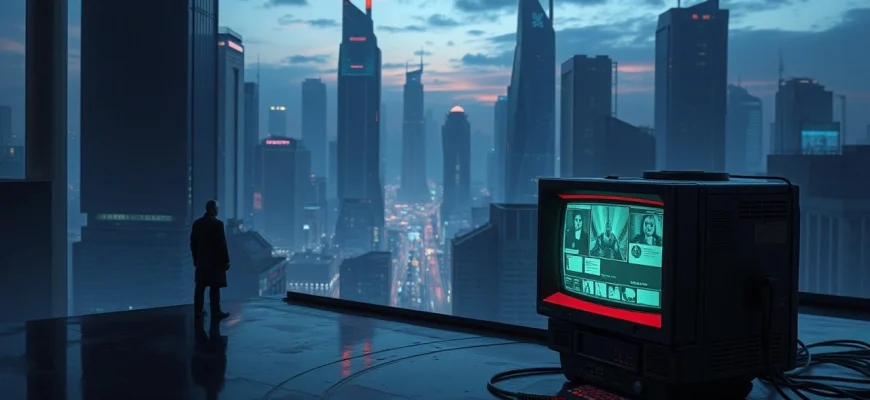If you loved the mind-bending sci-fi noir 'Reminiscence' (2021), you're probably craving more films and shows that blend mystery, futuristic technology, and emotional depth. This article explores 10 similar titles that capture the same haunting atmosphere, intricate storytelling, and thought-provoking themes. Whether you're drawn to dystopian futures, memory manipulation, or gripping mysteries, these recommendations will keep you hooked.
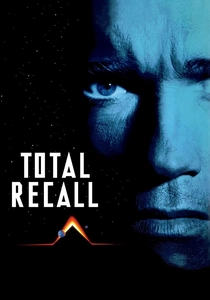
Total Recall (1990)
Description: Both 'Total Recall' and 'Reminiscence' explore the idea of implanted or manipulated memories. The protagonists in both films struggle to distinguish between reality and constructed memories. The action-packed narrative of 'Total Recall' contrasts with the more subdued tone of 'Reminiscence', but both share a noir-inspired visual style and a focus on identity crises.
Fact: The film is based on Philip K. Dick's short story 'We Can Remember It for You Wholesale'. Arnold Schwarzenegger was initially hesitant to take the role. The special effects were groundbreaking for their time.
 Watch Now
Watch Now 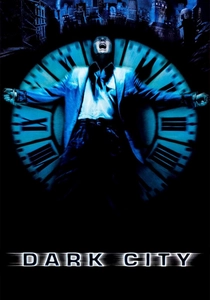
Dark City (1998)
Description: 'Dark City' shares with 'Reminiscence' a noir aesthetic and a plot centered around memory manipulation. Both films feature protagonists who discover that their realities are not what they seem. The visual style is similarly moody and atmospheric, with a focus on shadowy, urban landscapes. The themes of identity and control are also central to both stories.
Fact: The director's cut removes the opening narration, which was added by the studio. The film was a box office failure but has since gained a cult following. The sets were built on the same soundstages used for 'The Matrix'.
 Watch Now
Watch Now 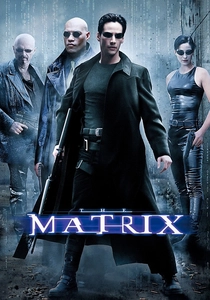
The Matrix (1999)
Description: Like 'Reminiscence', 'The Matrix' deals with the blurring line between reality and illusion. Both films feature protagonists who navigate constructed realities, questioning what is real. The visual style of 'The Matrix', with its green-tinted, cyberpunk aesthetic, parallels the noir-ish, waterlogged future of 'Reminiscence'. Both also explore themes of control and rebellion.
Fact: The famous 'bullet time' effect was achieved using multiple still cameras. Keanu Reeves trained for four months in martial arts for his role. The film's philosophy is heavily influenced by Jean Baudrillard's 'Simulacra and Simulation'.
 Watch Now
Watch Now 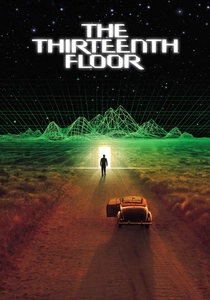
The Thirteenth Floor (1999)
Description: Like 'Reminiscence', 'The Thirteenth Floor' deals with the concept of simulated realities and the blurring of lines between different layers of existence. Both films use a detective-style narrative to uncover hidden truths. The visual style is similarly sleek and futuristic, with a focus on the interplay between technology and human experience.
Fact: The film is based on the novel 'Simulacron-3' by Daniel F. Galouye. It was released the same year as 'The Matrix', leading to comparisons. The film explores philosophical questions about reality and perception.
 Watch Now
Watch Now 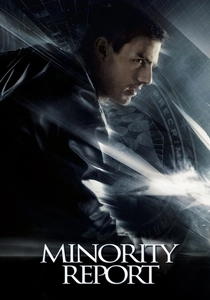
Minority Report (2002)
Description: Similar to 'Reminiscence', 'Minority Report' involves a futuristic technology that interacts with human memories. Both films are set in dystopian futures where technology has advanced to the point of being able to access and manipulate memories. The themes of premonition and fate are central to both stories. The visual style is also comparable, with a focus on sleek, high-tech environments contrasted with darker, more personal moments.
Fact: Steven Spielberg consulted with futurists to create a believable vision of 205Tom Cruise performed many of his own stunts. The film's 'precrime' concept is based on a short story by Philip K. Dick.
 Watch Now
Watch Now 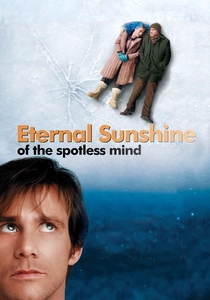
Eternal Sunshine of the Spotless Mind (2004)
Description: This film shares with 'Reminiscence' the theme of memory and its emotional weight. Both stories revolve around the idea of reliving past experiences and the pain associated with lost love. The narrative structure is non-linear, jumping between past and present, much like 'Reminiscence'. The emotional tone is melancholic and introspective, focusing on the fragility of human relationships.
Fact: The title is taken from a poem by Alexander Pope. Jim Carrey was cast against type for his role as the introverted Joel. The film won the Academy Award for Best Original Screenplay.
 Watch Now
Watch Now 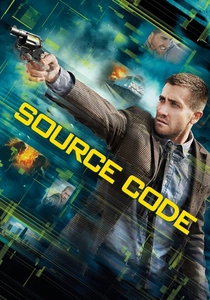
Source Code (2011)
Description: 'Source Code' and 'Reminiscence' both involve technologies that allow characters to relive or alter past events. The narratives are tightly wound around the concept of time and memory, with protagonists who are trying to solve a mystery within a limited timeframe. The emotional tone is similarly intense, focusing on sacrifice and redemption.
Fact: The film was shot in just 25 days. Jake Gyllenhaal was drawn to the project because of its unique premise. The director, Duncan Jones, is the son of David Bowie.
 Watch Now
Watch Now 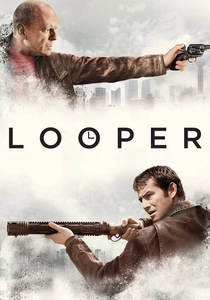
Looper (2012)
Description: Both 'Looper' and 'Reminiscence' deal with time and its manipulation, though 'Looper' focuses more on time travel while 'Reminiscence' deals with memory. The noir elements in 'Looper', such as its visual style and moral ambiguity, are similar to those in 'Reminiscence'. Both films also explore the consequences of altering the past.
Fact: Joseph Gordon-Levitt wore prosthetics to resemble a younger Bruce Willis. The film was inspired by classic time travel stories like 'The Terminator'. Director Rian Johnson also wrote the screenplay.
 Watch Now
Watch Now 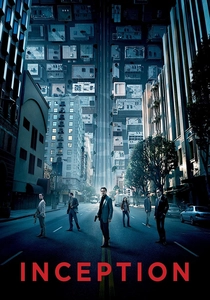
Inception (2010)
Description: Similar to 'Reminiscence', 'Inception' explores the concept of manipulating memories and dreams. Both films delve into the human psyche, blending reality with constructed experiences. The visual aesthetics of both movies are striking, with a focus on surreal, dream-like sequences. The emotional tone is also similar, dealing with loss, love, and the consequences of tampering with memories.
Fact: 'Inception' was inspired by Christopher Nolan's own experiences with lucid dreaming. The spinning top at the end of the movie was not CGI; it was a practical effect. The film's score by Hans Zimmer includes a slowed-down version of Edith Piaf's 'Non, Je Ne Regrette Rien'.
 Watch Now
Watch Now 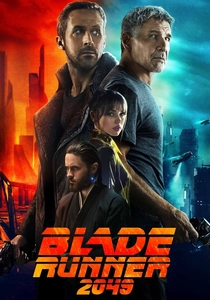
Blade Runner 2049 (2017)
Description: Both 'Blade Runner 2049' and 'Reminiscence' are neo-noir science fiction films that explore identity and memory. The visual aesthetics are similarly immersive, with a focus on dystopian cityscapes. The emotional tone is somber and reflective, dealing with existential questions. Both films also feature protagonists who are on a quest to uncover hidden truths about their past.
Fact: Roger Deakins won his first Oscar for Best Cinematography for this film. The production design included massive, practical sets to maintain realism. The film is a sequel to the 1982 classic 'Blade Runner'.
 Watch Now
Watch Now 
